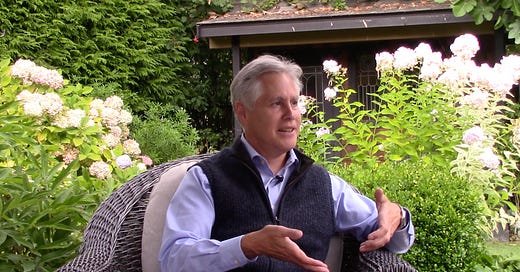What Does Decolonization Really Mean?
Reflecting on my conversation with one of the leading authorities on Canadian Indigenous Law, John Borrows.
Meet John Borrows, one of my intellectual heroes! John Borrows is a Canadian academic, jurist, and a full professor at the University of Victoria where he hold the Canada Research Chair in Indigenous law. He is known as a leading authority on Canadian Indigenous Law and constitutional law and…
Keep reading with a 7-day free trial
Subscribe to Nuanced. to keep reading this post and get 7 days of free access to the full post archives.




